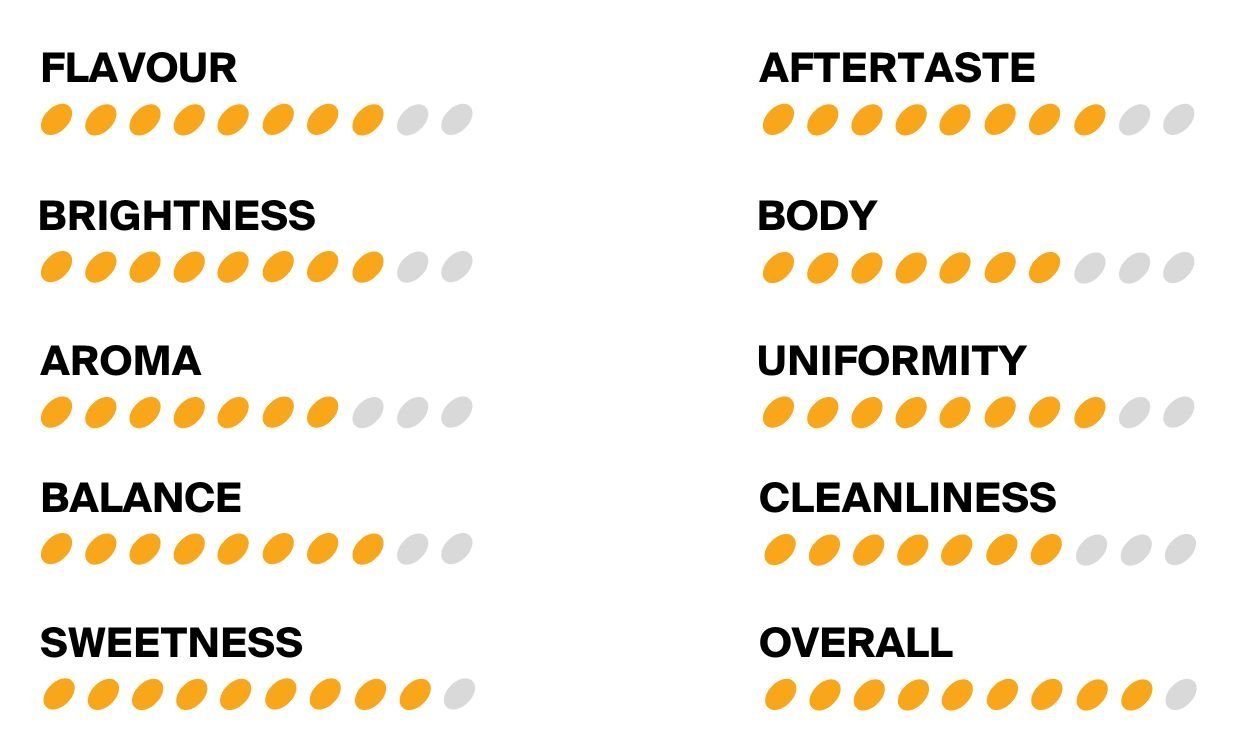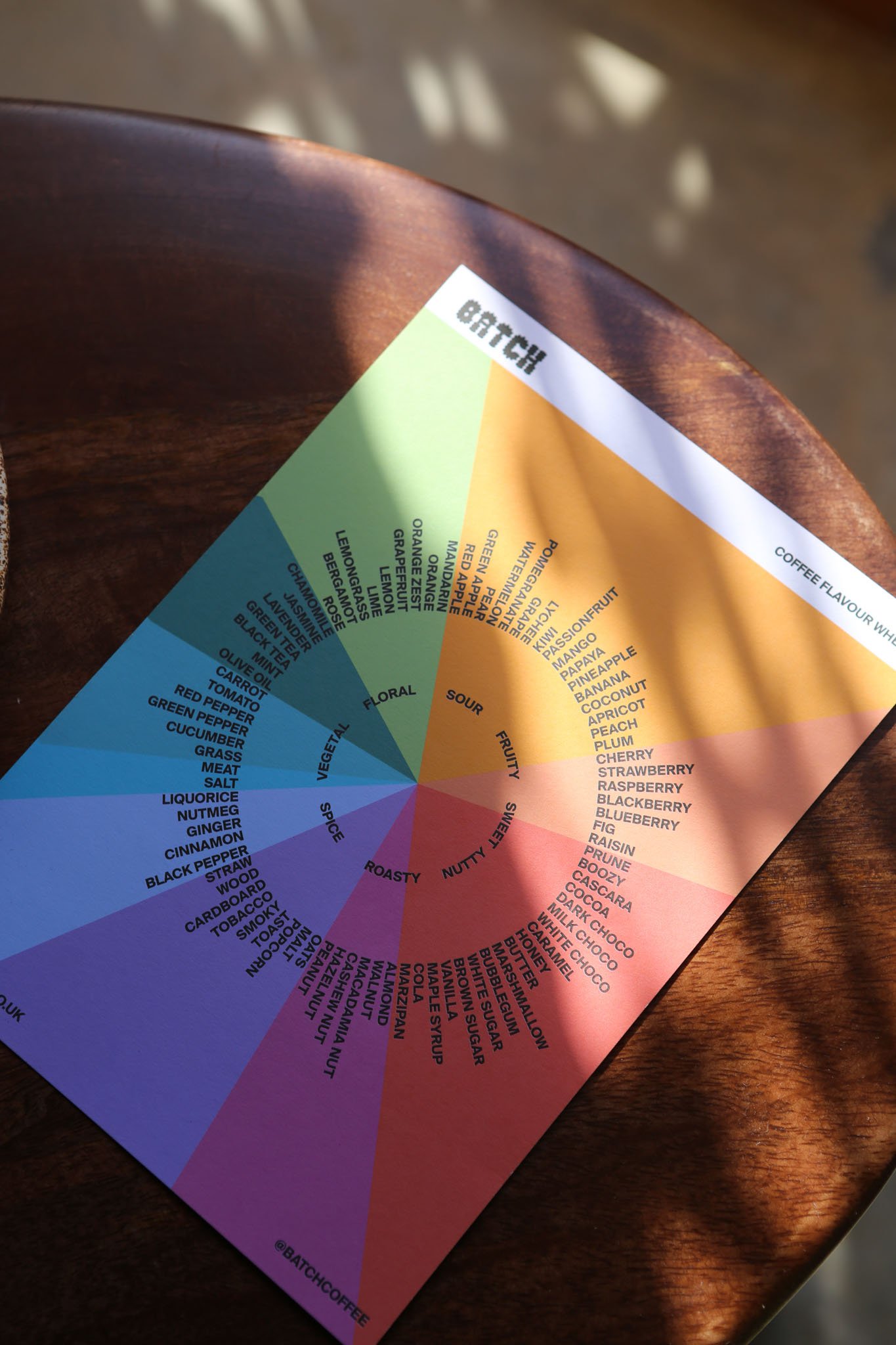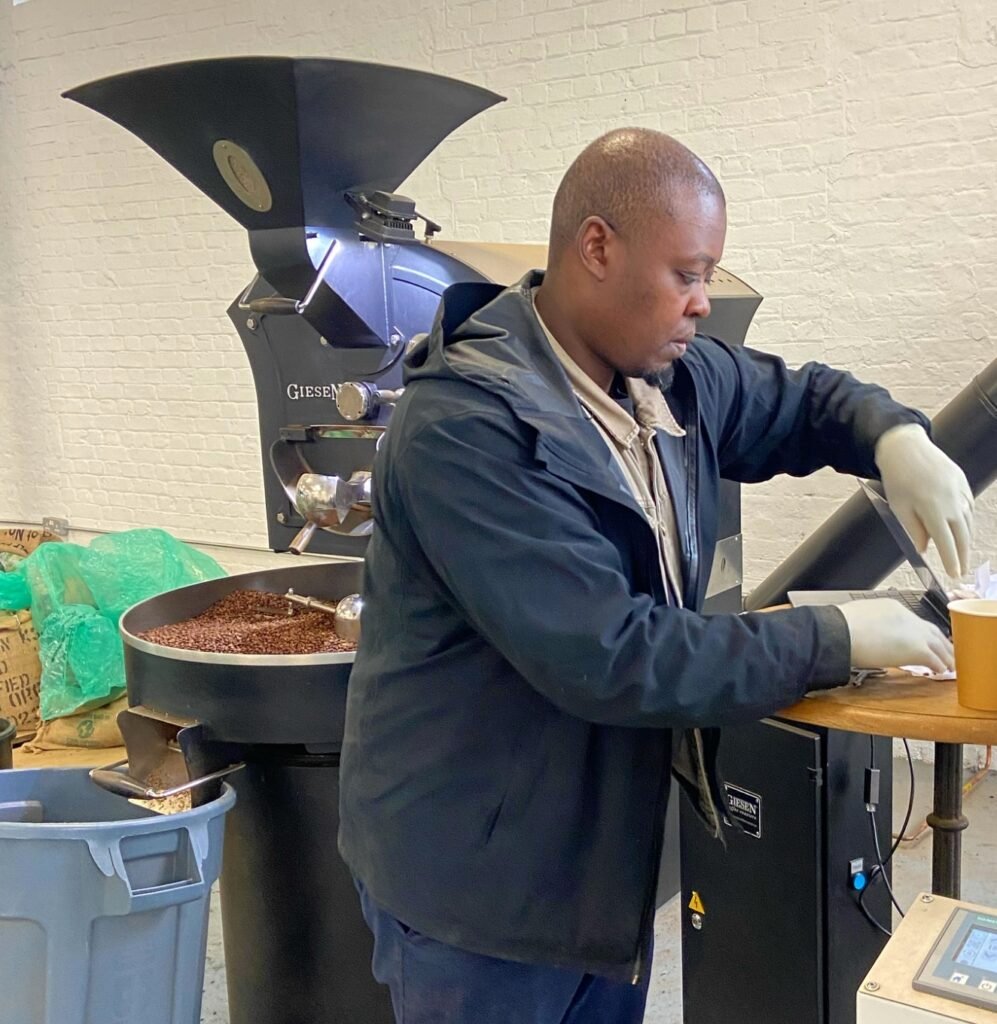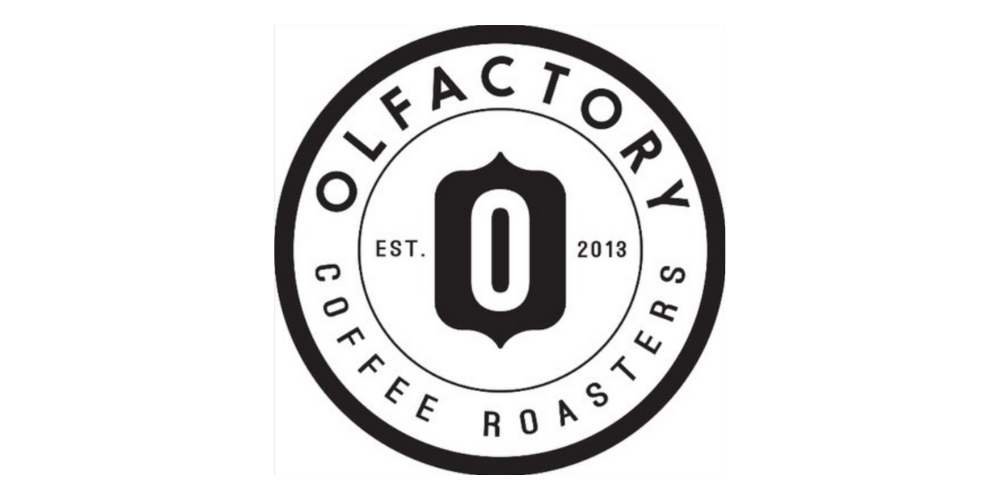
Olfactory Coffee Roasters
Olfactory has been roasting coffee in Cornwall for almost a decade. The name is attributed to the location of their roastery, an old factory.
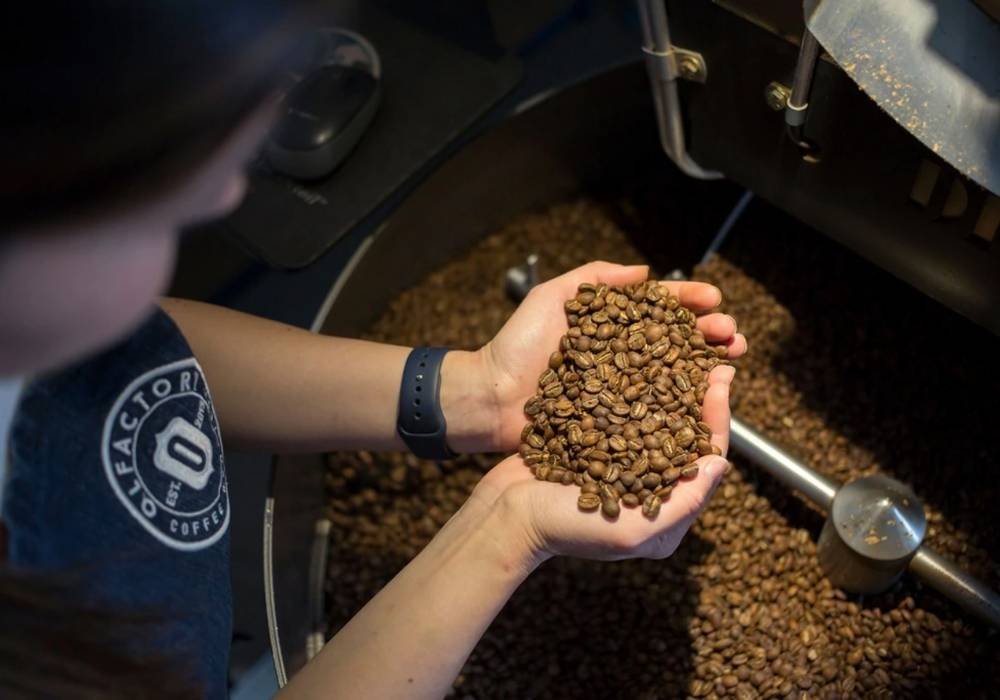
About Olfactory Coffee Roasters
Olfactory has been roasting coffee in Cornwall for almost a decade. The name is attributed to the location of their roastery, an old factory. The Olfactory dream began in 2010 with a couple that became obsessed with coffee during their university studies in Cornwall. It was rather difficult trying to keep the late nights of study going over a cup of stale, over-roasted coffee that tasted of rubber, produced by a tired commodity focused industry.
GOT A MATE THAT WOULD LOVE BATCH COFFEE CLUB?
Add their details below and if they sign up to a subscription your next box is on the house.*
*No limit to friends you can recommend. When your friend subscribes we will credit your account with one free box.
Coffee Origin
The Nyungwe coffee from Olfactory Coffee Roasters originates from the Nyamasheke region of Rwanda.
Nyungwe specialises in producing and promoting the use of organic fertilizers for coffee cultivation and utilising clean water from a nearby spring. Using small stone filters, organic husks and mucilage are removed in a pit. The result is a natural coffee with prominent taste notes of papaya, juicy pineapple and tangy persimmon, with a smooth medium body and lingering zesty aftertaste. Located within the Nyamasheke District’s Kagano Sector, Nyungwe Station stands for specialty coffee excellence.
Managed by Daniel and owned by RTC, this haven sits at an elevation of 1680 – 1780 meters, spanning 2.5 hectares. Its secluded location marks the gateway to the sprawling Nyungwe Forest, infusing its beans with unique terroir. Amidst this serene backdrop, farmers tenderly nurture their crops, extending to the forest’s edge. All cherries from the sector find their way to this hub of quality. Perched on relatively level ground, the station’s facilities blend seamlessly into the landscape, with the nearest village, Tyaso, a distant neighbor. way of life. Organic fertilizers enrich the soil, while water, sourced from a pristine spring, is meticulously treated post-pulping. The station’s embrace of nature extends to its climate, where cooler nights, courtesy of the neighboring forest, lend a unique complexity to its beans. But Nyungwe isn’t just a coffee station; it’s a community hub. Baboons from the nearby forest often mingle with locals, adding a touch of wildlife to daily life. Moreover, with a nursery on-site and plans to distribute 200,000 trees post-harvest, Nyungwe nurtures both coffee and community.
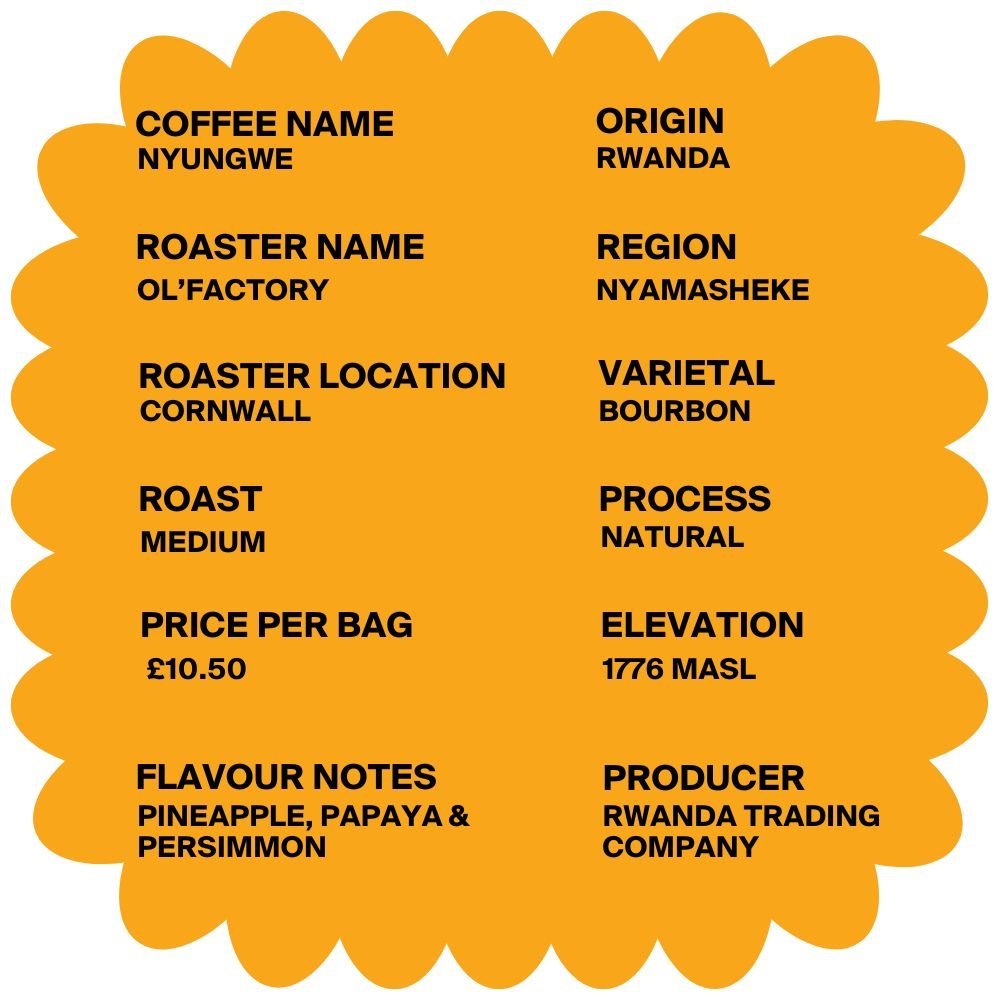
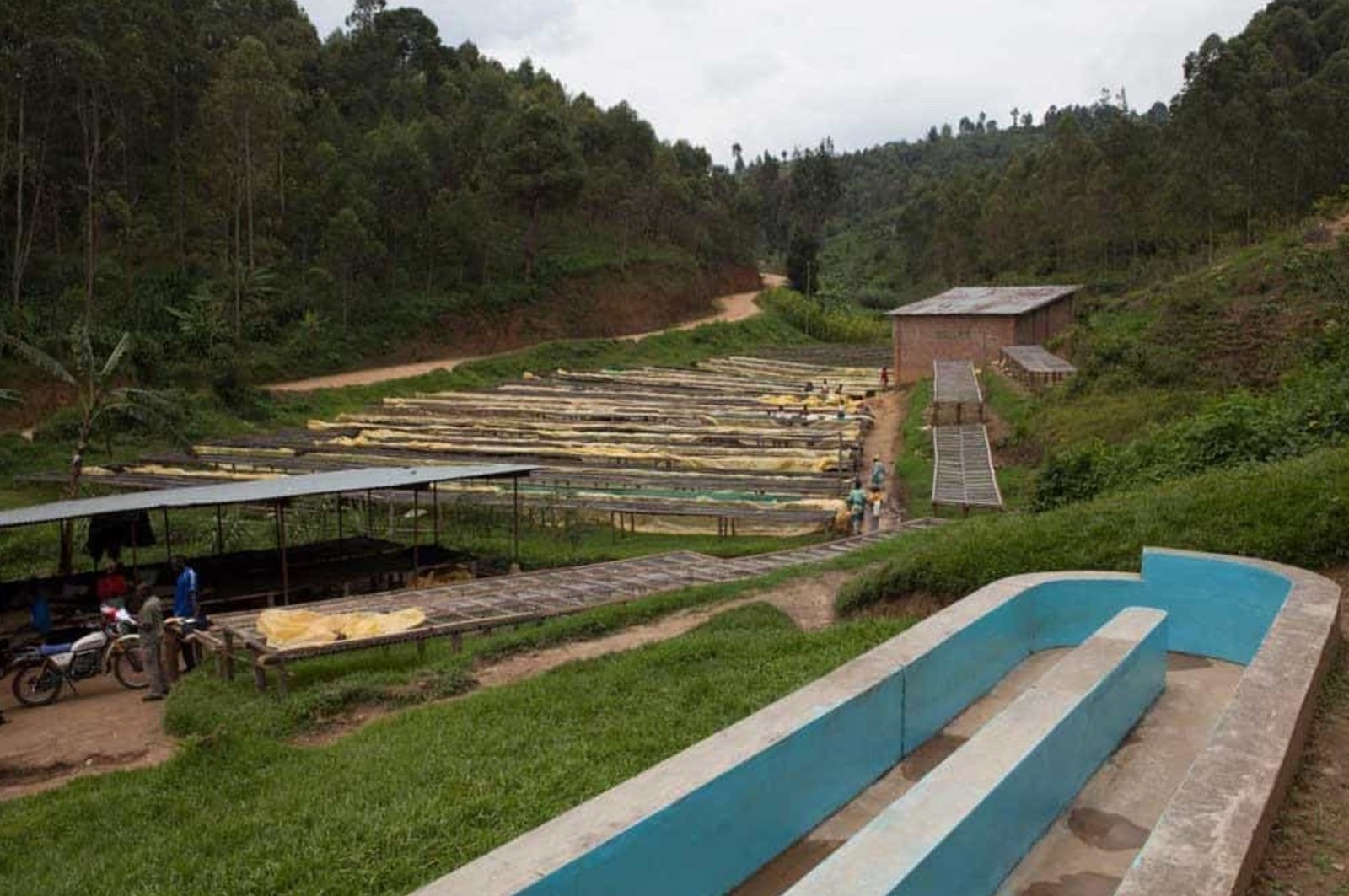
What To Expect
Here’s an idea of what to expect from this natural Rwandan Coffee from Olfactory Coffee Roasters. Team Batch brew method of choice – Pour Over. If you loved this coffee and want it to have it in your life again order directly from Olfactory Coffee Roasters now. Download Our Free Brew Guide PDF
